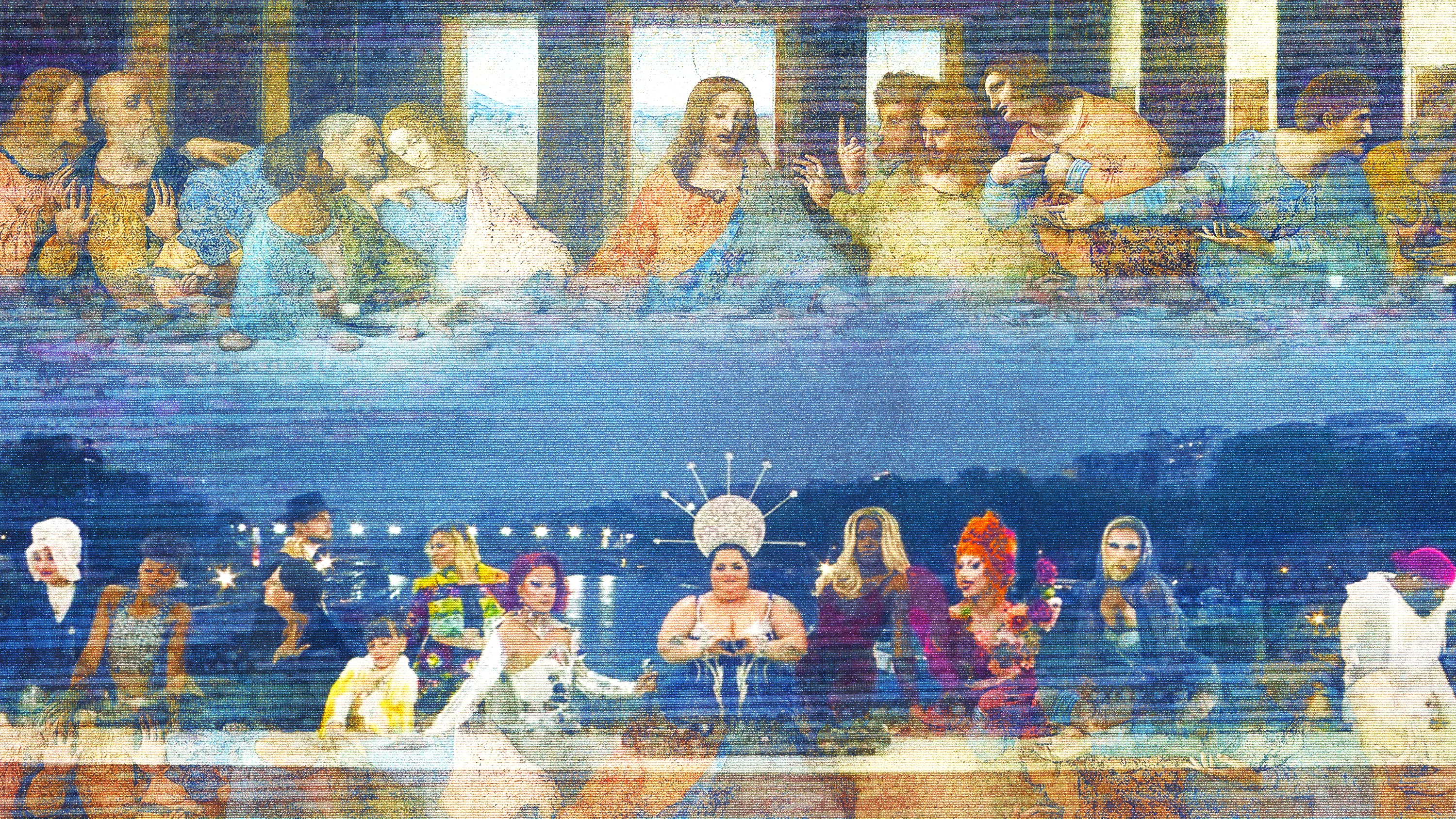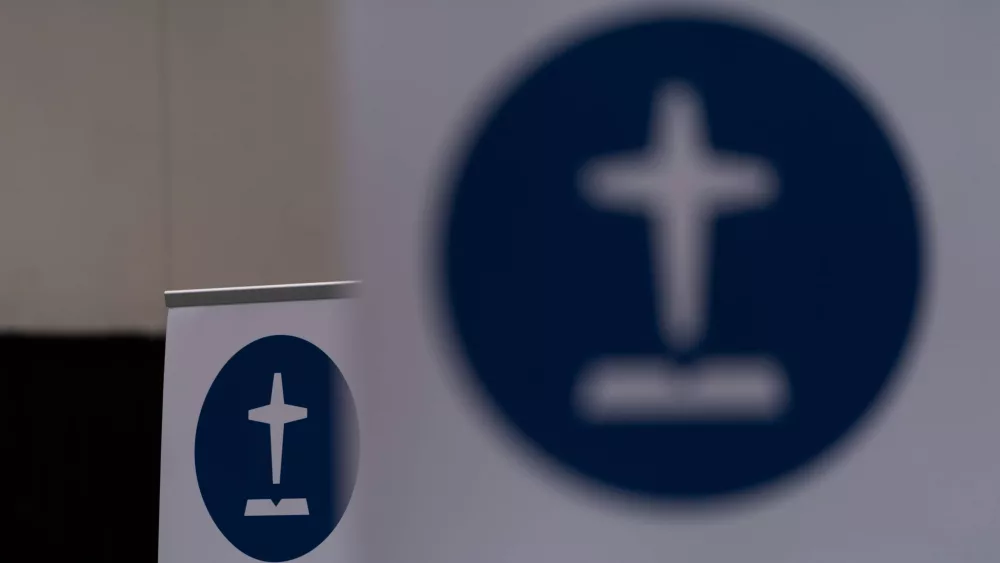
The organizers deny their tableau referenced Da Vinci’s Last Supper. But the imagery speaks volumes about the spiritual needs of our confused society.
The controversy over the Paris Olympics’ alleged mockery of Leonardo da Vinci’s The Last Supper during the opening ceremony takes us all the way back to ancient Greece. Not to Olympia, the site of the original Games, but to Athens, as documented by the evangelist Luke in Acts 17. Then, as now, Christians had to navigate a tragic misunderstanding of the Good News, and the apostle Paul’s patience with the foolishness of the Greeks (1 Cor. 1:23) just might come in handy as we watch the 2024 Games.
For many years, I assumed that Paul must have commended the religiosity of the superstitious Athenians with his tongue firmly in his cheek. But the longer I spend with this story, the more I believe my initial reading to be wrong. Just read verses 22 and 23:
Paul then stood up in the meeting of the Areopagus and said: “People of Athens! I see that in every way you are very religious. For as I walked around and looked carefully at your objects of worship, I even found an altar with this inscription: To An Unknown God. So you are ignorant of the very thing you worship—and this is what I am going to proclaim to you.”
There’s no sarcasm here. Paul seems genuine in his praise. Despite the fact that the city’s numerous idols “greatly distressed” him (v. 16), he found something to admire and used the Athenians’ extreme superstition as an opening for the gospel. Could we try the same with Paris?
But, first, I must concede that the artistic choices made with this tableau are undeniably awkward, seriously shortsighted about audience reception, and distasteful at best. I understand why many Christians were offended—though I must also note that evidence …

